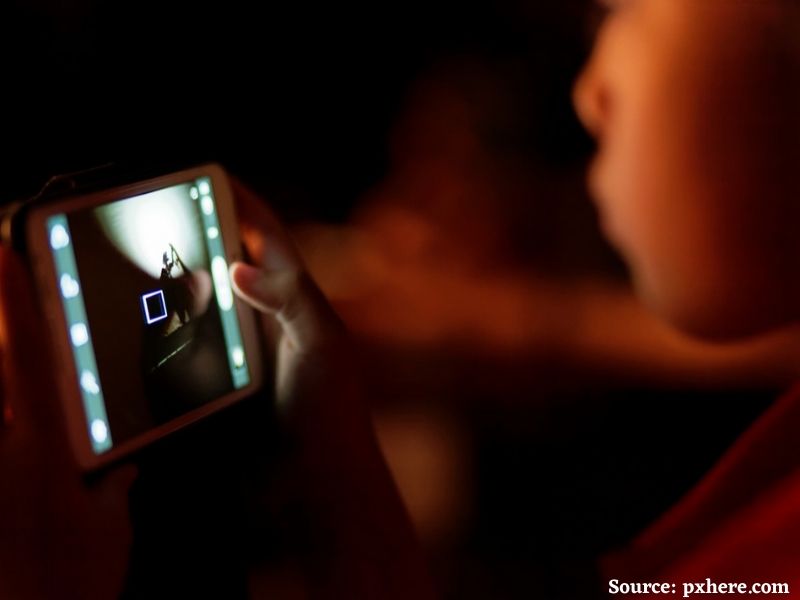Sukanya Nandy
The government of New Zealand recently launched a public awareness campaign – Keep It Real Online that provides tips and advice for parents about managing online harm. Created by creative and production agency Motion Sickness along with the Department of Internal Affairs, Netsafe, the Office of Film and Literature Classification and the Ministry of Education, New Zealand, it came up with creative ads to educate parents about ways in which children might be drawn to online pornography which can have harmful effects on them.
Swati Popat Vats, founder-president, Early Childhood Association (ECA) says it is imperative for parents to talk to children about the dangers of the online world – “who to talk to or not talk to, what kind of content they should be seeing. Parents can talk about it in a very child like manner like ‘if someone removes their clothes on the road, you will not watch them. Similarly, if someone does that online, you have to turn away’.”
Vats adds, “Give them examples and do not be shy about giving them facts. Warn about pop ups such as ‘if you are studying at home and someone, who’s not a family member, comes and disturbs you, you’ll want them to go away, similarly, if such things pop up in your device, there’s a small cross, which you can click. If you are stuck, come to an adult who will help you out’.” They must know that a parent is there whenever they need help adding that there’s a short course available on commonsensemedia.com where they teach children about cyber bullying, pornography, etc. The parents can go through the course with the child so that they get a comprehensive understanding.
Pallavi Rao Chaturvedi of Get Set Parent says, “There are lots of online sexual predators and since our children are also online, the chances of them coming across each other is very high. As parents, we have to constantly counsel our children that they cannot talk to strangers online.” She adds that parents or caregivers must tell kids that they “cannot share private information like contact details, address, photographs of yourself or family, bank account details.’
“It is important for parents to have an honest discussion. Even a six year old child can understand what kind of risk will there be if somebody, who’s not part of the family, can potentially threaten or attack the family,” continues Chaturvedi. “While teenage children might know which site to go to, for younger children, such sites may just pop up. Parents need to put up parental app control on the devices with age limitations. Parents should not pre-feed their financial details in the electronic devices as well which might result in their children doing something by mistake,” she says.
“Warn them. Children are very reasonable. If they understand that something is very dangerous then they will stay clear. Children by the age of five can be trained about online etiquettes. Teenage children might not listen so it important to teach while they are young – the risks which they can be exposed to,” adds Chaturvedi.
Ruchita Dar Shah, founder of First Moms Club and a parent of two says, “When children are doing school work, most teachers would be mindful of what platform they are using. But if they are doing something else, like YouTube, Instagram, etc, then all of this have a child lock, so the parents should be educated about that. If the kids are playing games, parents can Google to check whether the game is age appropriate or not. Accordingly they can have a chat with their children,” adding that parents can put up certain rules regarding usage of electronic devices which they can renegotiate from time to time so that the children know that they are trusted by their parents.
“There’s a lot of information available online on how to filter certain websites and it is up to the parent to be ‘smart digital parents’.” Shah also adds that communication is key and it is better to let the child use the same device regularly as it might not be possible to enable child lock features on every device.
Also read: Protecting children from the billion dollar online porn industry
Posted in International, News























